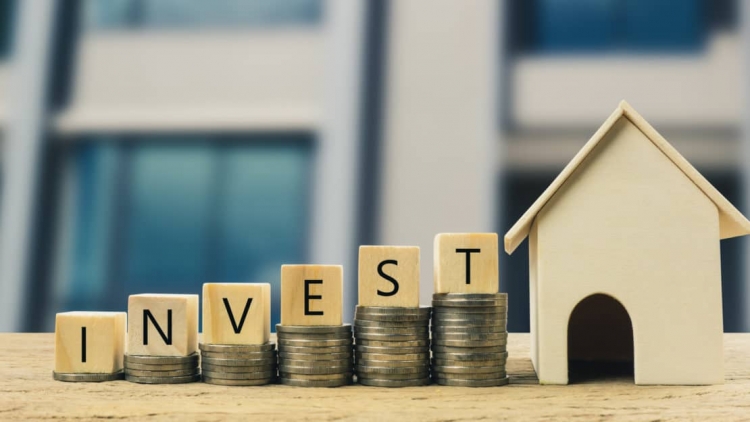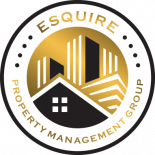
What are the pros and cons of owning a rental property? For some people, owning a rental property can seem like a dream scenario. For others, it may seem like a nightmare they’ll never wake up from. It’s only natural to have mixed feelings about owning a rental property, since there are so many different pros and cons to think about. Even when you take the time to weigh them all out, it can still seem like there are just as many risks as there are rewards. Most of the time, a person’s experience owning a rental property won’t be a complete dream scenario where there aren’t any issues and the rent checks just keep flowing in. But the experience won’t be a complete nightmare either. It will be somewhere in between. There will be plenty of ups and downs, things you can plan for and things you get blindsided by. Everyone has a different risk tolerance, so making a list of the pros and cons of owning a rental property can help you decide whether the risks are worth the rewards for you.
 Pros of Owning A Rental Property
Pros of Owning A Rental Property
There are several very important pros of owning a rental property especially if they all work out the right way. Most of them are all about money:
- Direct Renters Income. You probably shouldn’t own a rental property if your primary reason for doing so isn’t to make money. Every rent check you receive from a tenant is a direct stream of income you can put into your bank account. The hope is the amount of each check offsets the maintenance and expenses you have on the house, and most of the time this is true at some level.
- Potential Property Value Growth Income. Property growth is always variable, as it depends on factors like the area it’s standing on, the demands specific to that area and more. Most of the time the value won’t increase only because of updates or improvements you made to the property. One of the main hopes is for the value of the property to at least keep up with inflation.
- Sweat Equity Benefits. Your sweat equity includes improvements you make to the home, like repainting it, updating the windows, landscaping, improving the siding and more. These improvements don’t cost a considerable amount of money, and it gives the home more appeal, meaning you can charge higher rent and potentially increase the price of the home if you choose to sell it outright.
- Legal Tax Shelter. An investment property is one of the only legal tax shelters available to consumers. Specifically, the IRC allows an investor to depreciate their investment property over 27.5 years, which is the functional equivalent of a paper write off against rental income. This often-overlooked tax deduction is extremely important when considering purchasing investment or rental properties.
- Mortgage Destruction. The Other People’s Money (OPM) strategy is one of the most robust ways to build equity and gain wealth. The tenant(s) are paying off your debt – you are gaining all the equity. Could there be a better scenario?
 Cons of Owning A Rental Property
Cons of Owning A Rental Property
There are a lot of small cons that can add up over time. Sometimes they are hard to predict, but you must take them into consideration:
- Risks with Tenants. There’s never a guarantee you’ll receive a rent check from a tenant any given month. You may also have tenants who don’t take care of the property, which can lead to you paying more for repairs over time. And there’s also a risk of not having a tenant, which means no income from that property.
- Insurance, Taxes and Fees. Rental property insurance is typically much higher than a regular homeowner’s policy. And of course, property taxes are always high and will only continue increasing. The main concern is if you don’t have a tenant, or if the tenant isn’t paying rent, then you’re still on the hook for all the fees.
- Asset Concentration. Your rental property’s investment success is based primarily on how the real estate market is in that area. It’s a wise strategy to have other investments for diversification, because you never know what could happen in a particular neighborhood or area that decreases the property value significantly.
- Time Commitment. You will have to set aside a lot of time on any given rental property, even if you have great tenants. Maintenance and repairs will always have to happen and checking in with tenants should be a regular thing to set into your schedule. There is no such thing as a hands-off experience with renting out a property.

The Pros and Cons of Owning a Rental Property – Benefits and Burdens
One thing you can consider is to have a professionally managed property, where you own and rent the property, but a management company handles the daily maintenance and other work on the home. You’ll just pay them a portion of the rent check every month, which oftentimes is well worth it. You may also consider a Real Estate Investment Trust (REIT), which can be invested through the stock market. You don’t have to start out with a significant amount of money to invest in one, and it allows you to diversify your investments. With so many different things to look at when it comes to owning a rental property, it can be overwhelming to try to sort them out and decide on your own. Contact Esquire Property Management Group for some additional guidance and to answer any questions you may have. If you are considering renting your property in Los Gatos, Saratoga, Monte Sereno, Cupertino, Sunnyvale, Palo Alto, Menlo Park, Portola Valley don’t hesitate to contact us – we’d love to help you.

David currently is the broker/owner of several real estate related businesses which manage and maintain 300+ client properties on the San Francisco Peninsula.
Trust, transparency, and performance guarantees are the foundation of these businesses. David challenges anyone to find a PM professional that offers services similar - extensive education, customer service, and performance guarantees.
David also provides consulting for his clients on property development feasibility, construction, and complex real estate transactions.
David has authored a published law review article, three real estate books, and over 150+ real estate blog articles.
- “Wildfires, Insurance & Mortgages: Will Your Home Survive the Financial Aftermath?” - March 3, 2025
- What’s Driving California’s Commercial Real Estate Shakeup? - February 27, 2025
- Critical Issues in Triple Net Leases Investors Should Know - February 14, 2025

